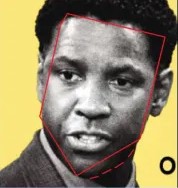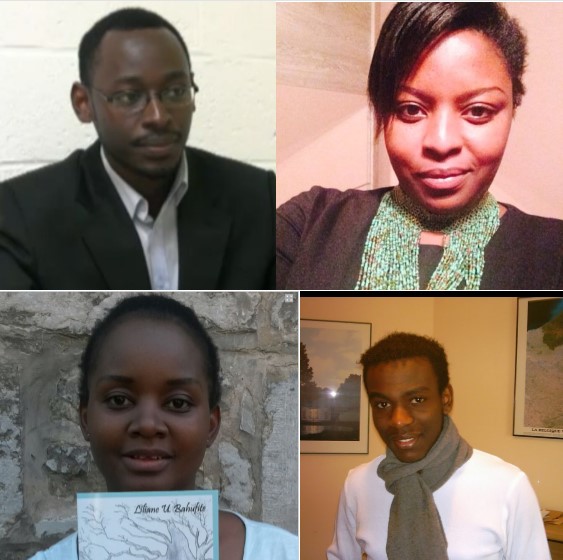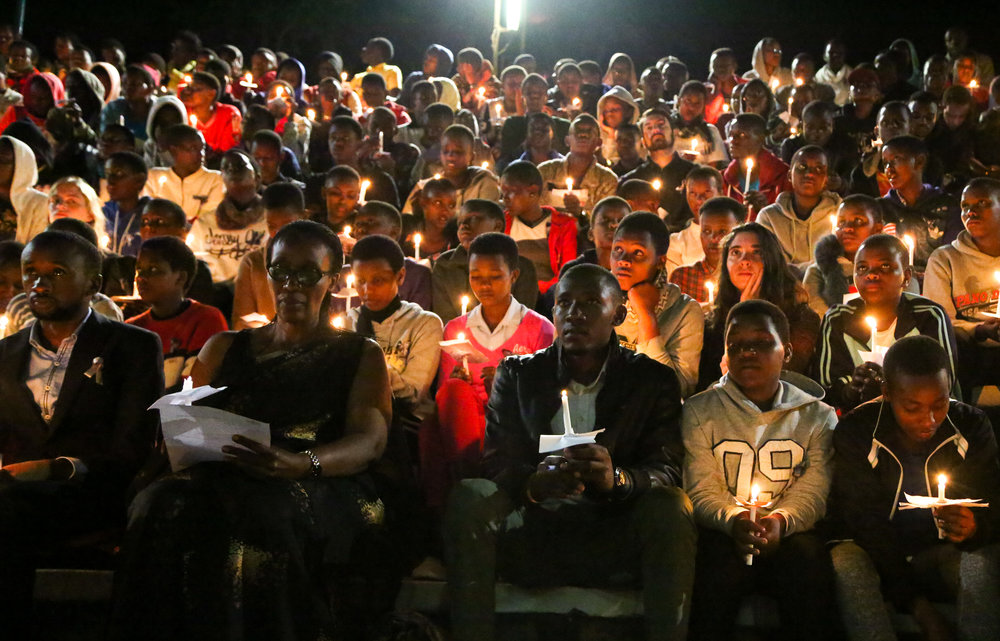Regional
Kwibuka 30: The international community's role in ensuring justice

As
Rwanda commemorates, for the 30th time, the 1994 Genocide against the Tutsi,
survivors continue to appeal for justice. However, the nations harboring
genocide perpetrators are still hesitant to prosecute, or deport, or extradite
the criminals to Rwanda.
In 100
days, more than one million people across the country were massacred, with the
killings mainly coordinated by the state administration – Ministers, Prefects,
Burgomasters, Municipal councilors – the army and the gendarmerie. The number of perpetrators was equally in
large numbers.
Confronted
with the imperative of delivering justice, the Rwandan government established
traditional Gacaca courts, which handled 1.2 million cases. Of those tried, 65
percent were found guilty and received appropriate sentences.
Despite
notable efforts, numerous Genocide fugitives remain at large, particularly
those who escaped to other countries. This situation exposes the true standards
of certain nations, especially those professing to champion human rights and
assuming roles as overseers of other nations' conduct.
Rwanda’s
Genocide Fugitives Tracking Unit (GFTU) indicates that there are over 1,100
Genocide fugitives in almost 33 countries. In a bid to bring these individuals
to book, the unit indicates that between 2007 and 2020, Rwanda issued 1,146
indictments and arrest warrants of these individuals in their respective
countries, to no avail.
The
majority of these fugitives have found sanctuary in the countries where they
reside, often using the guise of political or human rights activism for
protection. Some also found shelter within churches, most notably the Catholic
church.
According
to the GFTU’s statistics, 408 genocide fugitives are believed to be in the
neighboring DRC, 277 in Uganda, 63 in Malawi, 52 in Tanzania, 47 in France, 42
in Congo Brazzaville, while 40 are in Belgium.
Other
countries are Kenya where 35 Genocide suspects are believed to reside, 23 in
America (USA), and 18 in The Netherlands. Zambia harbors 15, Burundi hosts 15,
Canada 14, Mozambique hosts 13 and 11 are in the Central African Republic.
Also,
10 suspects are in Cameroon, seven in Norway, Sweden, and Gabon, respectively;
Germany, UK, and South Africa host five, each.
Denmark,
New Zealand, Ivory Coast, and Switzerland each harbor three. Zimbabwe,
Swaziland, Finland, Ghana, Benin, and Australia also host some.
In the
UK, Rwanda has identified at least five masterminds of the Genocide against the
Tutsi who are receiving protection from this country, despite efforts by the
Rwandan judiciary to hold them accountable. These suspects include Dr. Vincent
Bajinya, a medical doctor, as well as former mayors Célestin Ugirashebuja,
Charles Munyaneza, Emmanuel Nteziryayo, and Célestin Mutabaruka, who is a
pastor.
The
countries hosting the fugitives often, swiftly, become ‘toothless’ when it
comes to holding members of Rwanda's former genocidal regime accountable. To
date, only 47 fugitives from foreign countries have been extradited or brought
to trial.
The
nations hosting them, most often self-proclaimed champions of universal human
rights, have notably fallen short in their response to the Genocide against the
Tutsi. Despite their vocal support for human rights, their actions have failed
to match their rhetoric when it comes to addressing this tragic chapter in
history.
Indeed,
justice can still be pursued. Criminals accused of committing genocide and
crimes against humanity should not be given sanctuary anywhere in the world.
The international
community has the opportunity to uphold principles of accountability and
morality by choosing to extradite or prosecute these perpetrators of genocide.






